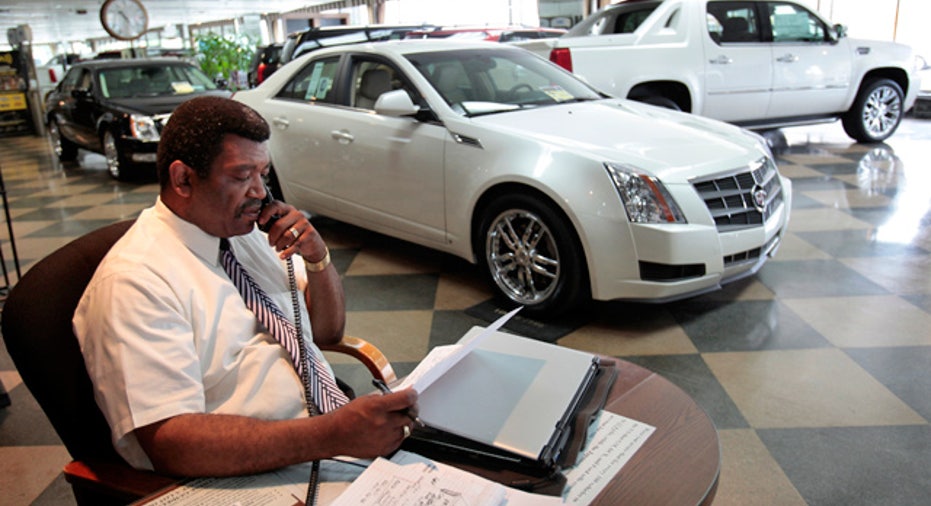Why Your New Car May be a Ticking Insurance Time Bomb

As you're kicking the tires on a sweet new ride, don't overlook the car insurance time bomb that could explode at any moment after you take ownership."Many drivers don't realize the value of a new vehicle decreases the moment it is driven off the dealer's lot. In fact, a new car depreciates up to 30% during the first year," says Ron Moore, senior product manager at MetLife Auto & Home.Thanks to this depreciation, you could end up owing more on your new car's loan or lease than the vehicle is worth. And that could spell big trouble if you get into an accident or your car is stolen.The gap between your car’s loan and the car's "actual cash value" can be costly.For example, if you pay $20,000 for a vehicle, you may only receive $14,000 if the car is "totaled" during that first year and you have only a standard auto insurance policy.The bank or finance company then will knock on your door with its hand out looking for the balance due on the loan. However, you can avoid this financial bomb by purchasing "gap insurance." "There is a type of policy called 'gap insurance' that fills the void or gap created when the actual cash value of a vehicle is less than the amount owed," Moore says.
Is gap insurance for you?
Kevin M. Lynch, assistant professor of insurance at The American College in Bryn Mawr, Pa., says anyone who owes more on their new car than what it's worth should consider purchasing gap coverage."There's a great financial risk associated with owing more than your coverage will pay," he says. You can get a rough estimate of the value of your new vehicle by reviewing the prices of similar vehicles at local car dealerships or by checking the estimated value of vehicles with organizations such as the National Automobile Dealers Association.. Moore says gap insurance is only available for new vehicles (cars, trucks, vans and motorcycles), not used cars."Gap insurance must be obtained when the vehicle is purchased or leased, or still considered very new" he says. "It can't be added after the vehicle has been used for a while because time limitations vary by company, but usually the vehicle cannot be driven for more than three months."
Check with your car insurance agent
Lynch says a chat with your car insurance agent is the best way to investigate gap insurance."If the coverage is optional on your auto policy, it will usually be a better value and easier to file a claim, if that becomes necessary, than gap insurance you might purchase through the dealer or lease agent," he says.But beware – Moore says some auto insurance companies do not offer gap coverage. Before driving to the dealer lot, check with your insurance agent to determine if the coverage is available."If not, consider switching to a company that can adequately protect your investment," he says.Premiums for gap insurance vary depending on the amount of the coverage, your state, the duration of the risk and the insurance company. However, Moore says if you purchase gap insurance under your auto insurance policy, it will generally cost approximately 7% of the combined cost of your comprehensive and collision premiums.Lynch adds that gap coverage purchased from the auto dealership or leasing company typically costs "considerably more" than what you can purchase through your car insurance company.
New-car replacement insurance
Some companies provide new-car replacement coverage for vehicles totaled in an accident, making it appear that gap coverage is not necessary for cars covered under such a car insurance policy, says Moore. "However, replacement cost insurance is designed to purchase a new vehicle of the same make and model as what you presently have," Moore says.So, with replacement insurance, your insurance company will write you a check for the current value of an equivalent new vehicle. However, that could still leave you with a gap between the amount of the check and what you owe on the loan – "new-vehicle prices fluctuate" and it's possible a new car would cost less than what you owe on the loan , Moore says.That's especially true if you traded in a car when you bought your current car and tacked some of the loan from the old car onto the new car loan, Moore says.
The original article can be found at Insurance.com:"Why your new car may be a ticking insurance time bomb"



















